
Red Cow Catcher Cow Catcher, Rafting, Old Cars, Classic Cars, Trains
He solved the problem by designing and making a loader-mounted cattle pusher, which provides a variable-sized pen. Using this saves a man and speeds up cattle flow through the crush. It works so.
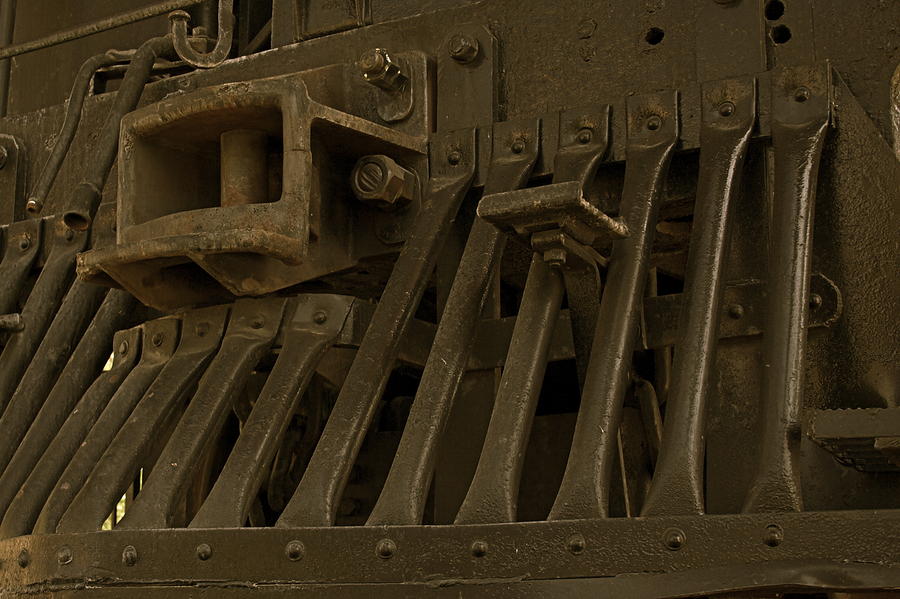
Steam Train Cowpusher by Todd Kreuter
Chris & Jim CIM 3.5K subscribers Subscribe 35K views 7 years ago IED/DDP Train Tutorials One in a series of tutorials that show you step by step how to make the parts for the PLTW train.
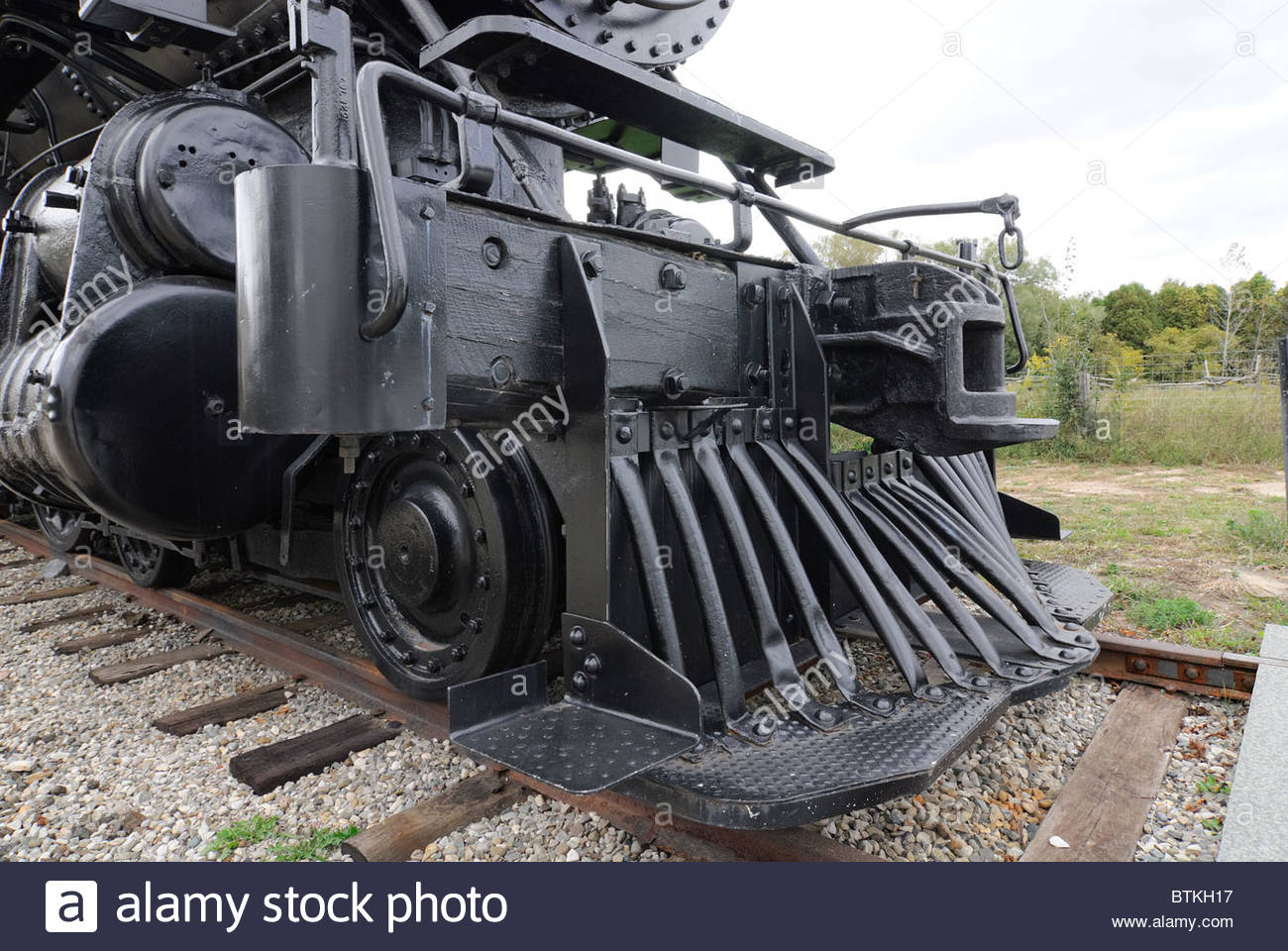
Cow Catcher Stock Photos & Cow Catcher Stock Images Alamy
Mar 15, 2017 - The cowcatcher, also known as the pilot or cattle-catcher, is a device mounted on the front of a locomotive to deflect obstacles on the track that might otherwise derail the train. More commonly seen on American railways where the tracks were not fenced off (as in Europe), the cowcatcher was invented by Isaac Dripps and first used on the Camden and Amboy Railroad (running.

Cow catcher stock photo. Image of background, steam, 34285768
Download the Amtrak app to check train status, get gate and track information at select stations, travel with contact-free eTicket scanning and access helpful information at your fingertips. GET THE APP. Accessible Travel Services Our goal is to provide safe, efficient and comfortable service.

John Bull Passenger Set
Parking: Parking for approximately 2,000 cars in one parking lot and one parking garage, both located on one side of the station. Parking garage includes ADA spaces, EV charging spaces, and fuel-efficient spaces. Dulles North Transit Center has extra parking nearby for 750 cars. Fee: $4.95.
"Cowcatcher clearance" O Gauge Railroading On Line Forum
The bulk of the project will be paid for by Dulles Toll Road users. In January, the toll is likely to increase from $3.25 to $4 at the main line and from $1.50 to $2 at the ramps. The cost could.

Pin on Snow Plows & Cow Pushers
A CowCatcher, Also Known As a Cattle Catcher or Pilot, is a structural sub-assembly, typically mounted on the front beam of 1800s era steam looks. They're intended to deflect obstacles (wildlife, cattle, rocks, trees.) on the track that could derail the train; they also act as a basic snowplow in winter. CowCatchers were originally fitted with an Extended Link for Link&Pin couplers, then.
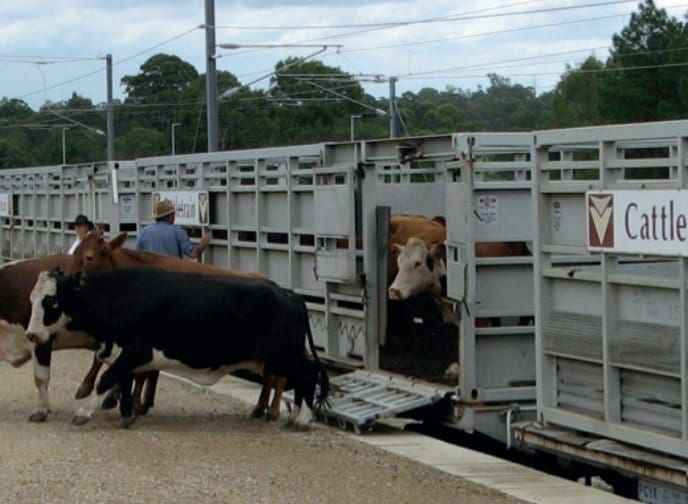
Push to move more cattle by train, but supply a challenge Beef Central
A cow catcher is a device attached to the front of a train in order to clear obstacles off the track. Invented in 1838 by British engineer Charles Babbage, this device is now used mostly in North America, as modern European railway systems tend to be fenced off and less susceptible to the danger of foreign objects on the track.

1879 Riding on the railway (railroad) engine cowcatcher near Augusta
THE COWCATCHER In 1830 Babbage was a passenger on the opening run of the Manchester and Liverpool railroad line. His interest in rail travel led to the invention of the cowcatcher. This plow-shaped device was mounted on the front of the steam engine for the purpose of rapidly removing any obstruction on the rails, particularly cows.

Old fashioned fun Train, Steam engine trains, Steam
In July 1999, three Indiana youngsters were charged with having caused the South Shore passenger train to jump the tracks in Michigan City after they placed a brick on the tracks. No injuries resulted, but that was more due to luck than anything else. The derailment of a six-car passenger train isn't exactly something to sneeze at.

Cow Catcher All About Cow Photos
Cowcatchers (also known as a cattle catcher, cow plow or pilot) are devices used by the engines to deflect obstacles from the tracks as they pull their trains. They are usually fastened onto the engines under the front buffers, and push the obstacles aside when the engines run through it. What is the first car of a train called?
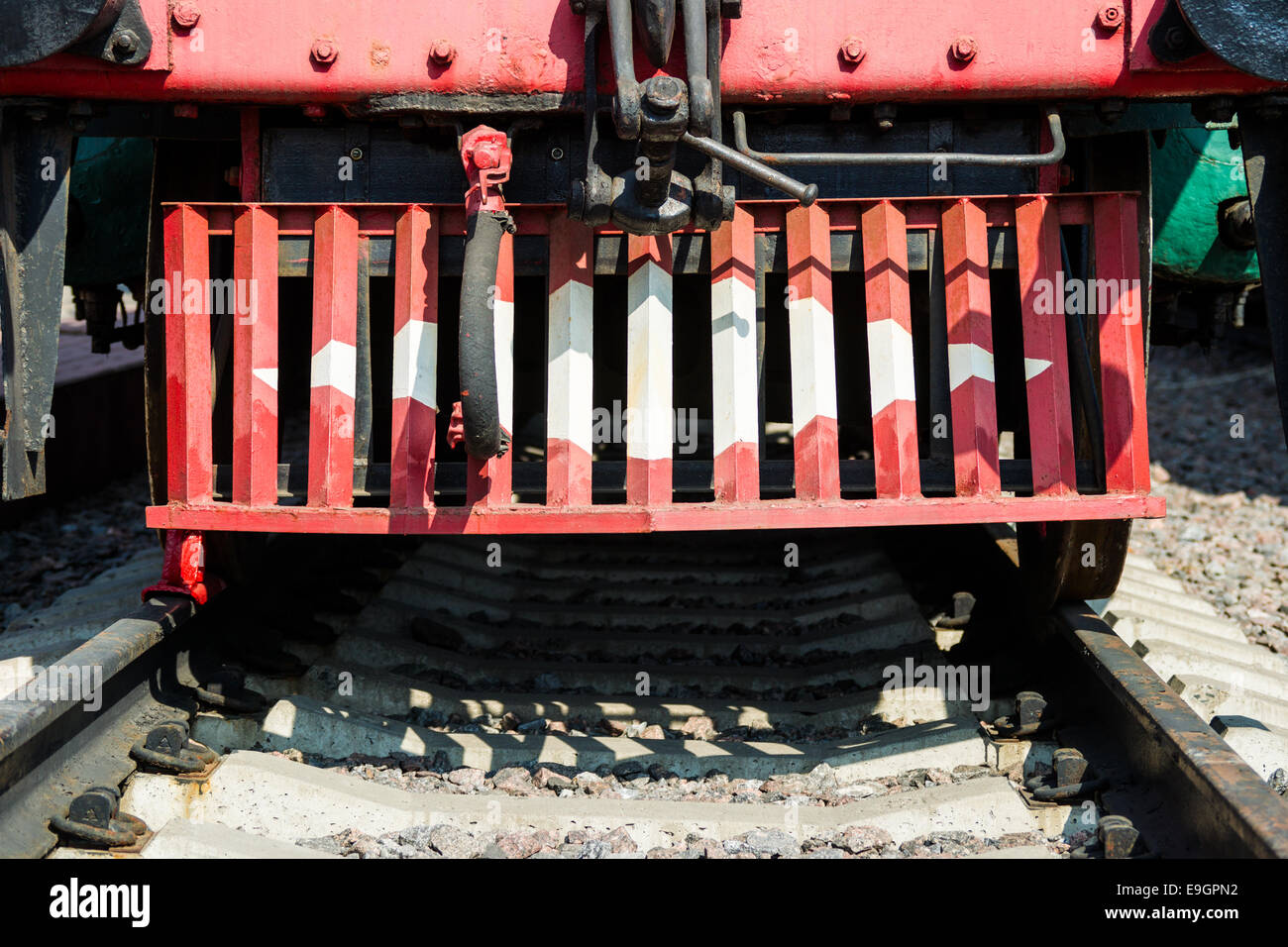
Closeup view of the rail cleaner, pilot or cow catcher of an old
The cattle car, sometimes referred to as a stock car, was first developed in the 1860s to move large numbers of livestock. The practice died out by the 1980s as trucks captured the market.. According to Mike Schafer's book, "Freight Train Cars," it wasn't until the early 1860s that a specialized car was introduced to handle livestock.

Nose and cowcatcher of an antique steam at Reading's Outer
Diamond Pusher. Slang term for locomotive fireman. Diamond Stack.. which contains a small passenger compartment for hauling and bedding down cattleman who are aboard to care for their cattle en route. Drum. To switch.. Toy train track which has the same distance between the outside running rails as O Gauge (1-1/4 inches), but is lighter.

Pin by Douglas Joplin on Vintage trains Vintage train, Cow catcher
1 Start with a calf so it is easier to teach. 2 Build a relationship with the calf. You want the calf to feel comfortable around you, and you also want to be comfortable around it. [1] This means getting it eating out of your hand and getting used to you touching and petting it. This may take several weeks, so be patient, yet consistent.

An American Engine And Cow Catcher in 2020 Cow catcher
Cows routinely lie down to sleep. Cow tipping is the purported activity of sneaking up on any unsuspecting or sleeping upright cow and pushing it over for entertainment. The practice of cow tipping is generally considered an urban legend and stories of such feats viewed as tall tales. The implication that rural citizens seek such entertainment due to lack of alternatives is viewed as a stereotype.
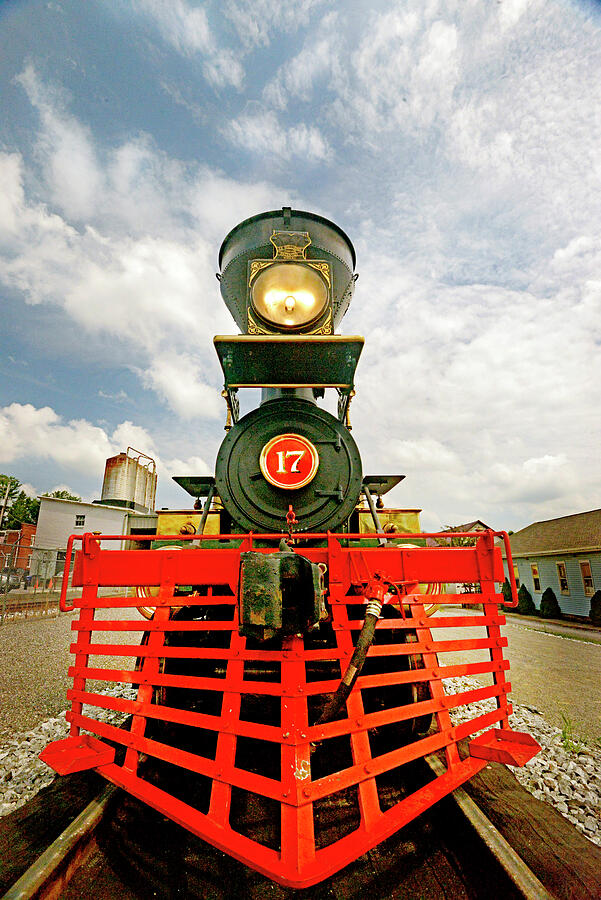
Big Red Cow Catcher Photograph by Paul W Faust Impressions of Light
A cowcatcher, also known as a pilot, is the device mounted at the front of a locomotive to deflect obstacles on the track that might otherwise damage or derail it or the train. In the UK, small metal bars called life-guards, rail guards or guard irons are provided immediately in front of the wheels.